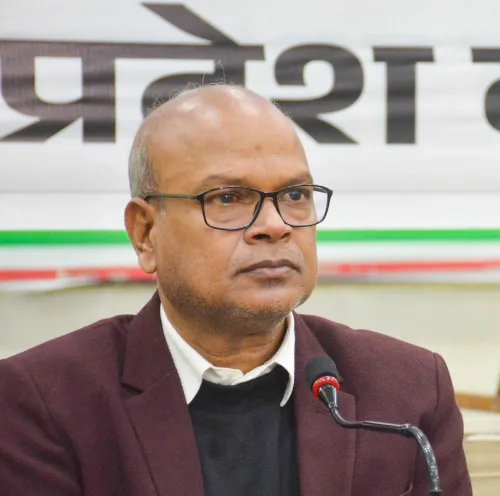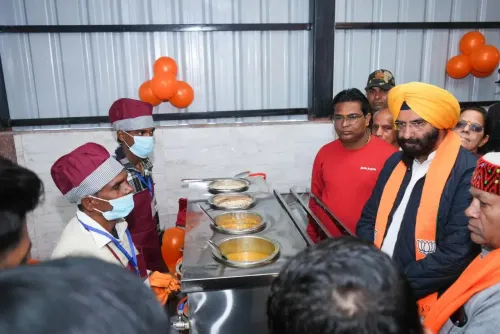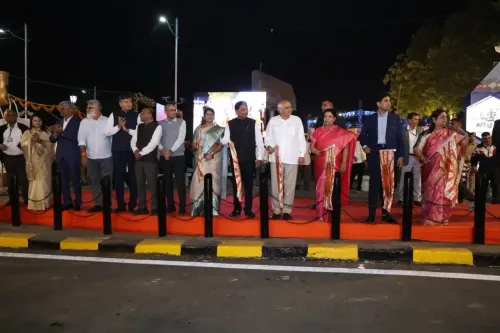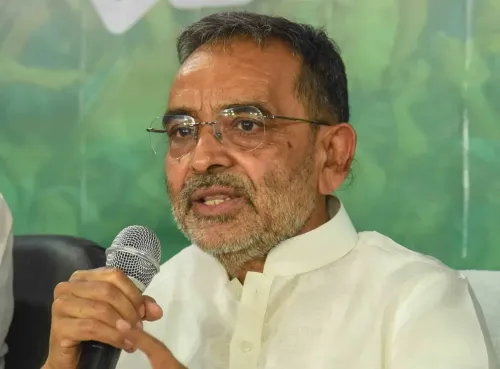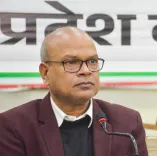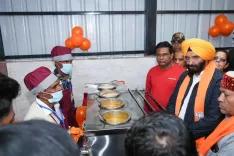Did Gadkari Just Expose a ‘Paid’ Campaign Against Ethanol-Blended Petrol?
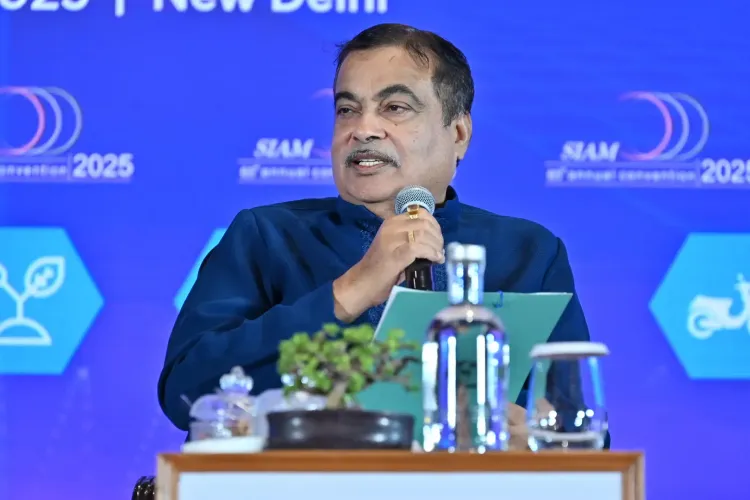
Synopsis
Key Takeaways
- Gadkari criticizes social media campaigns against ethanol-blended petrol.
- Ethanol production increases farmers' incomes.
- The Supreme Court supports the E20 initiative.
- Concerns over vehicle compatibility have been dismissed.
- Gadkari encourages the auto industry to pass on scrapping benefits to consumers.
New Delhi, Sep 11 (NationPress) Union Minister for Road Transport and Highways, Nitin Gadkari, on Thursday responded vigorously to what he termed a “paid politically motivated social media campaign” against the government’s ethanol-blended petrol initiative. This program has proven effective in boosting farmers' incomes and reducing pollution across the nation.
During the annual convention of the Society of Indian Automobile Manufacturers (SIAM), Gadkari stated that all evaluations confirmed the absence of problems associated with the rollout of 20 percent ethanol-blended (E20) petrol.
The minister emphasized that the production of ethanol from sugarcane, maize, and rice has driven up the prices of these crops, leading to increased earnings for farmers.
He highlighted that maize farmers alone have benefited by earning Rs 45,000 crore due to the heightened demand and price surge after maize was approved for ethanol production.
Gadkari pointed out that the ethanol-blending initiative not only mitigated pollution but also gained international recognition, having been discussed at the G20 conference.
Moreover, he noted that the Supreme Court has dismissed petitions questioning the legality and safety of E20 fuel.
The Supreme Court recently rejected a public interest litigation (PIL) against E20 blending, which claimed that most vehicles in India were incompatible with E20 fuel, posing risks of material degradation, safety hazards, mileage loss, and insurance claim denials.
In its ruling, the apex court supported the government’s position, stressing the advantages for sugarcane farmers and the reduction in the country’s oil imports achieved through the E20 program.
Additionally, the minister mentioned studies indicating that high pollution levels adversely affect life expectancy.
He reassured the public that fears regarding engine damage and warranty problems had been unfounded. “All testing agencies have confirmed there is no problem with implementation,” he asserted, reiterating the government’s commitment to cleaner fuels.
Gadkari urged the automobile industry to extend the benefits of the scrapping policy to consumers through discounts on new car purchases. This move, he argued, would lead to lower pollution levels and increased sales for auto manufacturers.
He also pointed out that the GST reduction would further stimulate automobile sales, describing it as a gift from the Prime Minister. The minister noted that India’s automobile sector has ascended from seventh to third place globally, reflecting the burgeoning strength of the nation’s manufacturing sector as it progresses towards Atmanirbhar Bharat.


